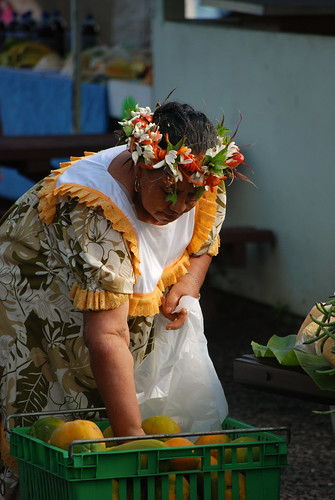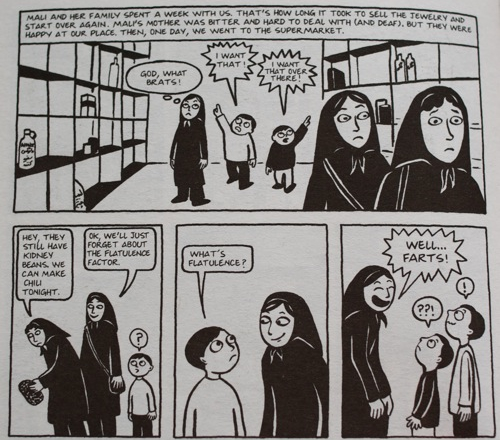…or to give him his full title: Sir Tom Davis, Pa Tuterangi Ariki, KBE. The ‘Pa Tuterangi Ariki’ bit was a title he got by marriage; the knighthood was all his own. Davis was the Prime Minister of the Cook Islands from 1978-87, and Island Boy is his autobiography. He was undoubtedly an impressive individual — he studied medicine in New Zealand, then took the job of Medical Officer of the Cook Islands, where he modernised a decrepit colonial medical service; then he sailed his young family in a small yacht from the Cook Islands to Boston to study public health; did some medical work in Alaska; then he took various research jobs in the US, including research on physiological adaptions to extreme conditions for the army and the nascent space program; raced sports cars; then returned to the Cook Islands to enter politics as a free market ideologue, eventually becoming Prime Minister.

So there’s lots of good material. However, although Davis wrote perfectly well, he was not a dazzling prose stylist, or a man with a gift for anecdote, and he clearly had no intention of sharing anything very personal; he mentions two marriages, a divorce and several children during the book but gives absolutely no details at all. So what you get is a straightforward, by the numbers autobiography which is often interesting but also often a bit of a chore. I don’t think he was terribly introspective, to be honest. His obituary, which I found while trying to learn more about his title, says (among more flattering stuff):
A driven and ambitious man, he was sometimes seen by his peers as arrogant and conceited.
And that does ring true. He is certainly really quite dismissive of most of his political colleagues and opponents.
I ordered Island Boy as my book from the Cook Islands for the Read The World challenge, before realising that the Cook Islands wasn’t actually on my list of countries, which is based on UN membership. But the list isn’t that rigid, and having bought it I may as well count it.
» The picture, Avarua Market, is © Daniele Sartori and used under a CC by-nc licence.

